Lifesaving Mobile Tech Gets Support from Verizon

If there’s one thing most smartphone users don’t expect from their phones, it’s the potential to save lives. But thanks to Verizon, startups focused on lifesaving technologies are getting the opportunity to share their initiatives and compete for a chance to win funding. In fact, 12 startups have already been crowned winners at Verizon’s annual Powerful Answers contest, with specific prize money to be announced Dec. 9 in San Francisco.
In total contestants stand to win a total of $6 million to bring their lifesaving apps and technologies to life. Fourteen hundred people entered this year, and of the twelve finalists, three are women-led ventures. Here’s more info on a few of the finalists that have a shot at winning this year’s grand prize:
Drone Lifeguard
That’s right, folks—lifesaving AUVs (unnamed aerial vehicle) anywhere, anytime. The ‘lifeguard as a service’ model introduced by founder and CEO R.J. Tang is a unique concept for one of the world’s leading causes of unintentional death. Tang and his team are using drones to safely, and more quickly, deploy inflatable life preserves to swimmers who may be drowning.
Disaster Mesh
Disaster Mesh helps people affected by a disaster reconnect to vital digital communications. Using small devices shaped like maple seeds, the ‘Mesh’ is literally thrown from the sky and intended to cover a large area with network nodes. Survivors then connect to the network, which delivers simple survival options like “I’m trapped,” “I need medical help,” or “I’m okay, continue to network.”
Pogo
This ride-sharing app is all about the family—kids especially. Built for parents, by parents, Pogo connects busy family members with community friends who can provide a trusted ride for children. Users can create private groups as well as run background and DMV checks on members.
Swiftmile
Swiftmile is on a mission to reduce the number of cars on the road, particularly those making short commutes to work. With the Swiftmile Swiftstation, users can enjoy secure, emission free, and economical transportation. The Personal Electronic Transporter (PET) sharing system is designed to help cities, corporations, universities, and other highly congested areas decreases emissions as well as reduce the number of cars on the road.
iHelmet
Speaking of auto accidents, motorcyclists are often the most at risk when forced to share the road with traditional automobiles. Ganindu Nanayakkara is a software engineer dedicated to ending avoidable motorcycle accidents. The iHelmet was designed to bring safety features for motorcycles into the 21st century at an affordable price. Nanayakkara’s model includes features like blind-spot assist, high-speed alerts, and automated SOS in case of an accident.
Some of the finalist may save lives through abstract means, while others have the potential to impart significant lifesaving technologies almost immediately. Either way, the startups in Verizon’s contest offer an inspiring use of technology and innovation.


